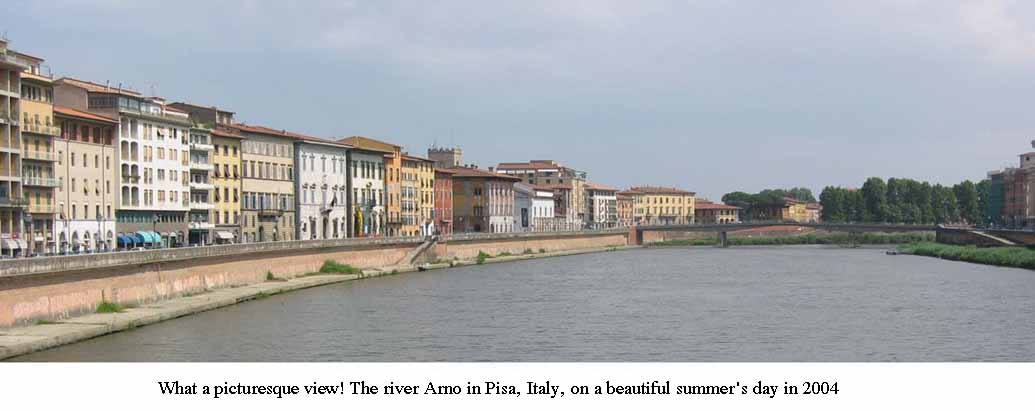Intermediate conclusions on 'Yeats, Joyce, Eliot'
Intermediate conclusions
on Yeats, Joyce, Eliot
Yeats is certainly the most difficult writer to begin with. His vision of the world is not plain, not simplistic by any means. It is far-reaching, comprising, encompassing in a dimension of philosophy, which doesn’t make it easy for us to come to terms with his visualization of reality. Unlike Eliot, whose spiritual picture of man’s present state, his civilization as related to any possible progress is typically one big ‘wasteland’, a universe broken into senselessness and cultureless disorientation, Yeats holds on to a ‘myth’ (of his own intricately mystified make-up). This ‘myth’ is manifested in a belief in the capacity of ancient (Greek and Roman) thinking, worth re-vitalizing, re-inspiring, re-enacting, respectively re-transforming into ‘handy’ reality ready to be used by modern man.[1] “Byzantium” is to him a kind of ‘promised land’ of a richness in values one can only dream of and look out for. Like Odysseus, Yeats is prepared to cross the seven seas, to endure hardship and suffering on his knightly errand to new horizons of the mind. This ‘nouveau’ realm still embodies for him some kind of eternal sense of life (on the same level of immortality art is attached to). It delivers sources for re-shaping man’s life, which can be compared to the one of a seafaring voyager continuously on the way to the unknown – to extend the image of ‘erring’ and seeking Odysseus onto this field.
‘Sailing to Byzantium’ is a risk. Yet it is worth taking it. Because if you don’t take it, you will be among the ‘living dead’, to express it in Joyce’s term. ‘Byzantium’ is an incentive for (creating) art in a multitude of directions. While re-considering these points, we should always bear in mind that there is no life without art (or is there? → I rather doubt it. Proof/Evidence is the ‘art’ – in forms of wall paintings, and the like – we’ve found in traces of primeval man.). Whereas Yeats envisages religiosity as something ‘sacred’ and virtually indispensable, etherizing a touch of ever-lastingness, Joyce holds on to “Christianity”, whose culture-forming values he doesn’t want to minimize though he is quite outspoken about his aversion against the claustrophobic narrow-mindedness the rigid doctrines of the Roman Catholic Church entail – not just for the Irish people.
Joyce thus joyfully took the challenge to leave the ‘Christian myth’ behind by escaping to Paris to study medicine, which aim he jettisoned after a while to lead a life in poverty there for about one year. However, from what I read I find that the more he distanced himself from “Catholicism” (and the Church as such) the less he was able to dissociate himself from it. This becomes clear to me in the numerous – sometimes undercurrently conveyed – references to the life and function of a priest in society (cf. Father Flynn in The Sisters, the old man in An Encounter [bearing features of a priest?], the “very charitable priest” in Araby). It is there in Paris that Joyce finds his peace of mind through a hermit-like life, reflecting about art and Christianity inseparably interwoven with art (?). Joyce certainly wanted to live a life of 'cosmopolitically' enchanted seclusion enlightening his world as an artist. Yet, was he able to put this into reality?[2]
I think even in Eliot there is no complete or utter destructivism or nihilism discernible. The enormous amount of ‘debris’ conspicuous in his poems, piecing together our common world-wide cultural heritage, with focus on the European one, is simply such that no-one could with any justification deny Eliot’s rootedness in what he deplores and questions. We shouldn’t see him exclusively in a ‘civilization’ devoid of any meaning, shrunk into a huge mass of ‘wasteland’.
-----------------------------------------
My tutor’s summarizing comment:
The Joyce point is critical – indeed, even in his secular, and as you put it so well ‘cosmopolitical’ myth of the artist, the [!] Christianity survives, is unmistakable in his ‘epiphanies’. As for Eliot’s nihilism, you are again on to get – in some ways, he would like to go back, against the current of modernity. If civilization has become a wasteland, it is also because we have lost the sense of these classical texts and allusions.
GREAT JOB
[1] As to the point of “myth” in this context, my tutor wrote into the margin of the paper:
“Good – I agree.”
[2] My tutor’s remark on this aspect: “Good point – I think you’ve persuasively answered
this with a “no”.

